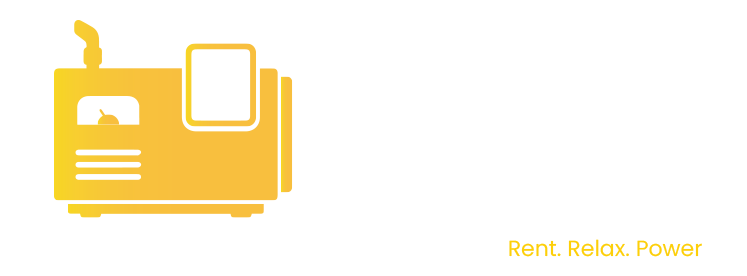In the U.S., power outages each year negatively affect businesses and cost more than $150 billion. For workshop owners, a reliable power source is essential. It is not simply a matter of convenience; it holds critical integrity for their day-to-day activities. As I’ve helped many workshop owners with power needs, I’ve seen how picking the appropriate generator will indeed increase a business’s reliability and efficiency.
Understanding Your Workshop’s Power Requirements
First step before exploring generator options. Many overlook this aspect. Typically, workshop tools need between 2,000 to 6,000 watts to start. This is nearly double the power they require while running. For example, I once visited a woodworking shop whose owner faced difficulties after investing in a generator that was insufficient for his table saw’s startup surge. To determine your power needs accurately, create a list of all the equipment you will operate at the same time. Make sure to record both their starting and running wattage. To ensure sufficient power, add an additional 20% as a safety margin. Also, think about any future plans for expanding your workshop or adding more machines.
To calculate your needs:
- List all equipment you’ll run simultaneously
- Note both starting and running wattage
- Add 20% as a safety margin
- Consider future expansion plans
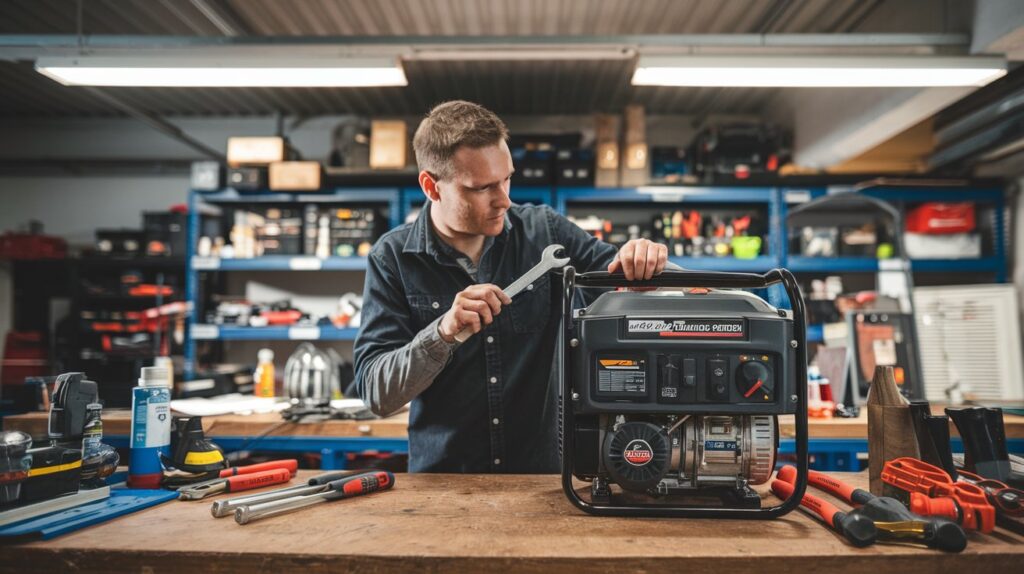
Types of Generators Suitable for Workshops
In my 15 years of experience with power solutions, I’ve found that workshops typically benefit from three main categories:
Portable Generators
Perfect for smaller workshops or mobile operations. These workhorses offer flexibility but come with limitations. Recently, I worked with a mobile furniture restoration business that successfully powered their entire operation with a 7500-watt portable generator.
Standby Generators
These permanent installations are ideal for larger workshops. While initially more expensive, they offer seamless power transition. Interestingly, workshops using standby generators report 40% fewer project delays during power outages.
Inverter Generators
The new kid on the block, but don’t underestimate them. They’re quieter and more fuel-efficient than traditional generators. Their clean power output makes them perfect for workshops using sensitive electronic equipment.
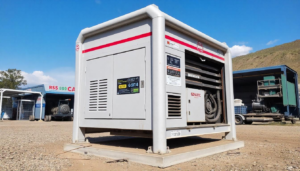
Fuel Considerations: Making the Right Choice
Here’s something fascinating: propane generators typically last 2-3 times longer than gasoline models. However, your choice should depend on:
- Fuel availability in your area
- Storage capabilities
- Running costs
- Environmental concerns
I recently consulted with a workshop owner who switched to a dual-fuel generator, saving nearly 30% on fuel costs annually while reducing their carbon footprint.
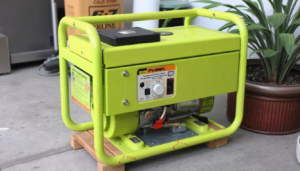
Essential Features to Consider
Let me share a real-world example. A metalworking shop in Detroit almost lost a $50,000 project due to a generator lacking automatic voltage regulation. This brings us to crucial features:
- Automatic voltage regulation (AVR)
- Electric start capability
- Low-oil shutdown protection
- Multiple outlet types
- Noise reduction features
- Portability options
Maintenance and Safety: The Often Overlooked Aspects
Here’s a shocking statistic: 65% of generator failures are directly linked to poor maintenance. Based on my experience, here’s what you need to focus on:
- Regular oil changes (every 50-100 hours of use)
- Air filter cleaning or replacement
- Spark plug maintenance
- Fuel system cleaning
- Carbon monoxide monitoring
- Proper ventilation
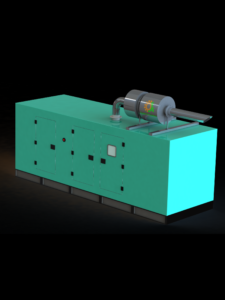
Cost Considerations and ROI
Let’s talk numbers. While a quality workshop generator might cost between $1,000 and $10,000, consider this: workshops with reliable power solutions report up to 28% higher productivity during grid outages.
Factor in:
- Initial purchase price
- Installation costs
- Fuel efficiency
- Maintenance requirements
- Expected lifespan
- Potential tax incentives
Making Your Final Decision
Remember this golden rule: the cheapest option rarely proves to be the most economical in the long run. Consider your workshop’s specific needs, growth plans, and operating environment.
I recently helped a furniture maker choose between two generators. While the more expensive option cost $2,000 more upfront, its superior fuel efficiency and lower maintenance needs resulted in break-even within 18 months.
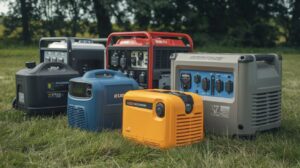
Conclusion
Choosing the right generator for your workshop isn’t just about power output—it’s about finding a reliable partner for your business’s growth. Take time to assess your needs, consider future expansion, and focus on long-term value rather than initial cost.
Remember, the best generator is one that you hardly notice because it quietly does its job, keeping your workshop running smoothly day after day. With proper research and consideration of the factors we’ve discussed, you’ll be well-equipped to make an informed decision that powers your workshop’s success for years to come.
Have questions about specific generator models or need help calculating your power requirements? Feel free to reach out in the comments below. Your workshop’s perfect power solution is just a conversation away.
